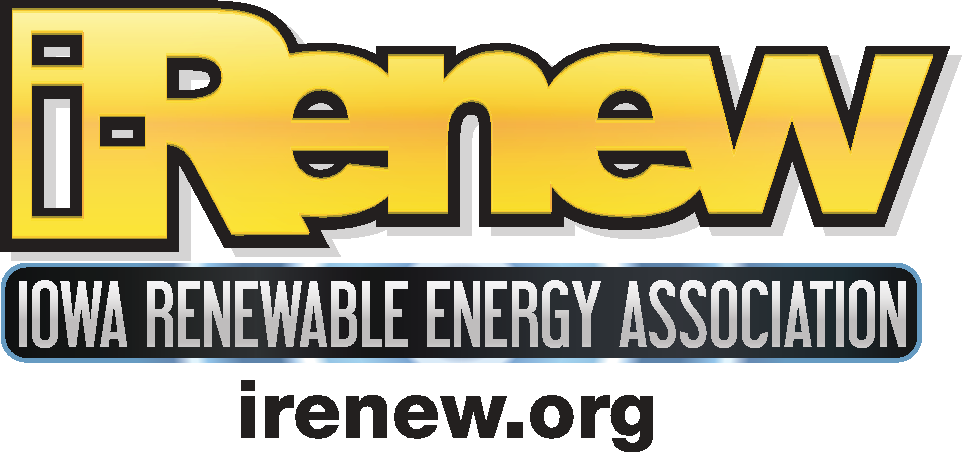A Greener Future in 2021
As we enter the new year feelings of growth and betterment are ushered in. These emotions are felt unanimously by everyone especially after the harrowing year that was 2020. Aside from these emotions and steps we are taking to recover and grow as individuals, 2021 is also ushering in a new wave of energy! Recently it has become cheaper to use renewable energy than fossil fuels. You may find yourself asking, what does this mean? When renewable energy becomes more widely adapted, it will change our lives as we know them. Paying for gas would be obsolete, powering your home would be different, the way we farm and deliver food would change forever, through renewable energy. These are a few aspects that come to mind when discussing the endless fields that will be positively impacted by renewable energy.
Photo by Markos Poulidis
First off, we need to understand what makes energy renewable and how that affects sustainability. There have been many means of producing renewable energy as of late. For example, wind turbines, solar energy panels, and corn are some of the sources we can derive energy from in a clean, sustainable way. What makes these sources sustainable and more desirable is their ability to not destroy ecosystems while still providing us energy. Fracking, for example, one of the most common means of extracting crude oil is a very abrasive process and destroys so many ecosystems. From the time the oil is mined at the ocean floor up until the moment it is purchased and consumed at a gas station, pollution and decay ensue the entire process.
Aside from the obvious benefits renewable energy has on our ecosystem, it also has fiscal upsides. There are many facets to consider when discussing the fiscal upsides of switching to green energy solutions. We will consider three solutions. Those solutions being retrofitting buildings, corporate ‘carbon fees’, and the emerging renewable energy market and the exponential need for jobs as a whole. Retrofitting for those of you that are first hearing of it is a process that plans to ‘upgrade’ buildings in a way that makes them more energy efficient. What I mean by this is; if a hundred year old building undergoes the retrofitting process, it’s tuck pointing would be redone along with changing of windows, and the sealing of any chips or external abrasions. What these changes would do is essentially seal off the building effectively so in the summer months cold air would not escape as easily as well as vice versa in the winter. When you mitigate the escape of the “cold air” or “hot air” you actually reduce how much energy you consume to keep the building at a comfortable temperature, which in the long run will have unparalleled effects on our ecosystems.
Corporate carbon fees are an extremely progressive tactic that corporations are doing to increase their involvement in environmental preservation. Corporations and large scale operations are known to contribute to a majority of the world’s pollution, so seeing corporations like Microsoft among others take these green initiatives is pushing the envelope in so many ways regarding corporate involvement in climate rescue, as well as setting new standards going forward into a greener age. Essentially what a carbon fee is, is the taxation of subsidiaries or businesses directly related to Microsoft in an effort to get them to adhere to environmental protection standards and more sustainable standards as a whole. The extra money produced from the taxation is then reinvested into green initiatives! An amazing ardent move by Bill Gates and Microsoft and an example that should be followed by all corporations within the coming years. Aside from action being taken by countries, governments, or corporations there is another facet that is crucial to this process of rehabilitating our Earth, and that is the labor that goes along with all of these changes.
A common misconception about transitioning to renewable energy is that it will take away jobs. This is deceitful and is usually spread through corporations and political factions for fiscal gain. If anything the transition to renewable energy helps our economy and home. All of the new technologies that are going to have to be created, designed, built, assembled, used, etc will open up a plethora of job opportunities in the market. The transition to renewable energy is a win-win across all boards and we should start taking steps to enact these motions now.
Renewable energy used to be a vague, frowned upon concept in the minds of our politicians and some citizens. As we have seen in recent times the state of our environment is no laughing matter and is incrementally straining. Aside from the hectic nature of it all the efforts of some have not gone unnoticed and the sentiment regarding the topic is changing from passive to progressive. Innovators like Bill Gates have decided to take the matter into their own hands, fight the corporate stigma and take charge. His carbon tax has set an example that will change how corporations operate forever. When people with power and influence accept their errors and decide to be constructive in the process it will become apparent in acts like retrofitting buildings or making clothing out of plastic. The people are ready for a change, but those with the resources are not ready yet. We need the innovators to take control and work together to create jobs, promote cleanliness, be sustainable, while improving the lives of everyone. Hopefully this year will allow us to not only bounce back from 2020, but to bounce into a brighter and greener future that is 2021.
Markos Poulidis
I-Renew Contributor
Comments can be added on I-Renew’s Facebook page.
Ellsmoor, J. (2019, June 15). Renewable Energy Is Now The Cheapest Option - Even Without Subsidies. Retrieved January 15, 2021, from https://www.forbes.com/sites/jamesellsmoor/2019/06/15/renewable-energy-is-now-the-cheapest-option-even-without-subsidies/?sh=672237165a6b.

